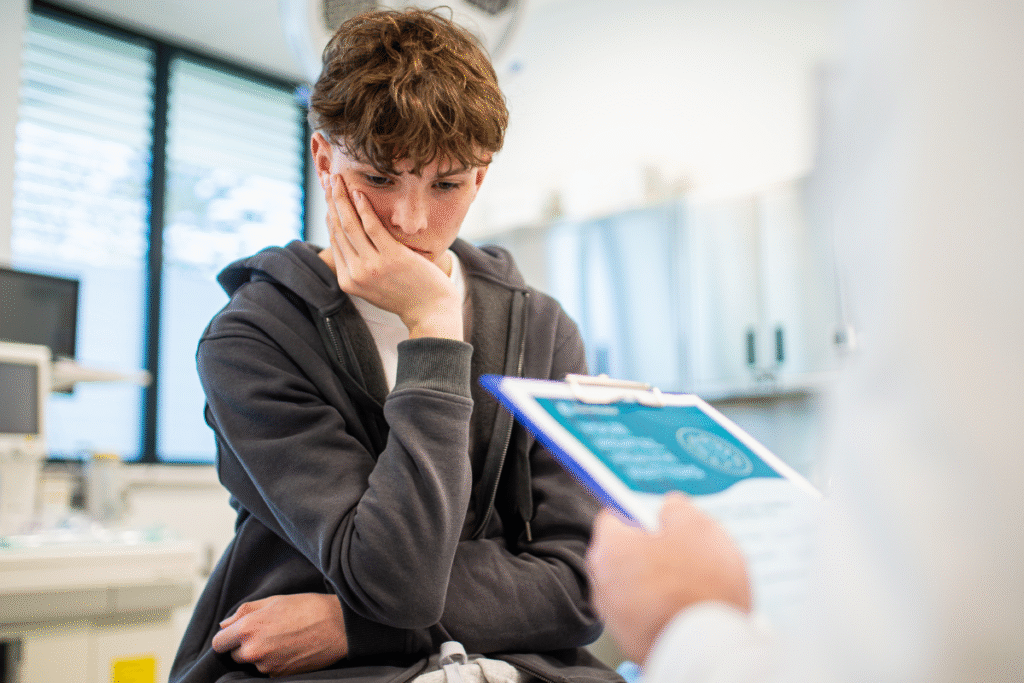
Understanding if someone is mentally capable of standing trial isn’t just a legal step; it’s a matter of fairness. A forensic psychiatrist in Atlanta helps courts look beyond the surface to see if a person can truly understand what’s happening around them. Their evaluations ensure that no one faces a trial they cannot meaningfully take part in.
Dr. Dwight A. Owens, M.D., brings medical insight and genuine care to this process. His work helps judges, lawyers, and juries see the whole picture before making major legal decisions. Each evaluation connects mental health and law in a way that supports truth and justice for everyone involved.
Read on to learn how psychiatric evaluations guide the courts toward fair and informed outcomes when competency is in question.
Key Takeaways
- Competency evaluations help determine if a person fully understands the legal process and can participate in their defense.
- Psychiatric insight gives courts a clearer view of each person’s mental state and ability to stand trial fairly.
- These evaluations protect individual rights and help ensure justice is based on truth, not misunderstanding.
What Does It Mean To Be Competent To Stand Trial?
Being competent to stand trial means a person understands what is happening in court and can take part in their defense. The court needs to know the person can think clearly, make sense of the charges, and talk with their lawyer. This helps ensure the trial is fair and the person’s rights are protected.
Competent people know the roles of the judge, lawyer, and jury. They can answer questions, explain their side, and follow what happens during the trial. If someone cannot do these things because of a mental condition, the court may delay the case until they can fully participate.
Allowing Dr. Dwight A. Owens, M.D., to perform a psychiatric evaluation is the best way to ensure your client is competent to stand trial.
Mental Evaluations Help Determine Courtroom Readiness
Mental evaluations show how well a person thinks under pressure and understands what’s happening. The process checks how clearly they remember facts and make fair choices. These details help the court see if they can handle complex legal steps.
Psychiatrists study how a person reasons and reacts in stressful moments. They look at memory, understanding, and judgment. Their findings show whether a person is ready for the demands of a courtroom.
Testing Awareness Of Legal Roles
Testing awareness of legal roles shows if a person understands how the court system works. Dr. Dwight A. Owens, M.D., may ask if someone knows the difference between a judge, a jury, and an attorney. This helps reveal whether they can follow what happens during a trial.
Evaluations look for signs that the person understands who makes decisions and who presents evidence. A clear understanding of these roles shows mental readiness for court. Without that awareness, creating a fair defense becomes much harder.
Fair Trials Depend On Insight From A Forensic Psychiatrist In Atlanta
Competency evaluations remind us that justice works best when mental health and law work together. A skilled forensic psychiatrist helps ensure every person in court is treated with fairness, clarity, and respect. With professionals like Dr. Dwight A. Owens, M.D., guiding the process, legal decisions can truly reflect truth and humanity.
Frequently Asked Questions
What happens during a competency evaluation for court?
During a competency evaluation, a psychiatrist interviews the person, reviews their medical history, and observes how they think and respond. The goal is to determine whether the person can understand the legal process and participate in their own defense.
How do mental health evaluations influence court decisions?
Mental health evaluations give judges and juries an unbiased look at how a person’s mental state affects their behavior and comprehension. These insights help ensure the trial is fair and based on facts, not assumptions.
Why are psychiatric evaluations important for fair legal outcomes?
Psychiatric evaluations reveal whether someone can make informed decisions and follow what’s happening in court. They help protect both individual rights and the overall fairness of the justice system.